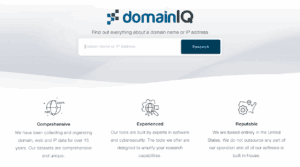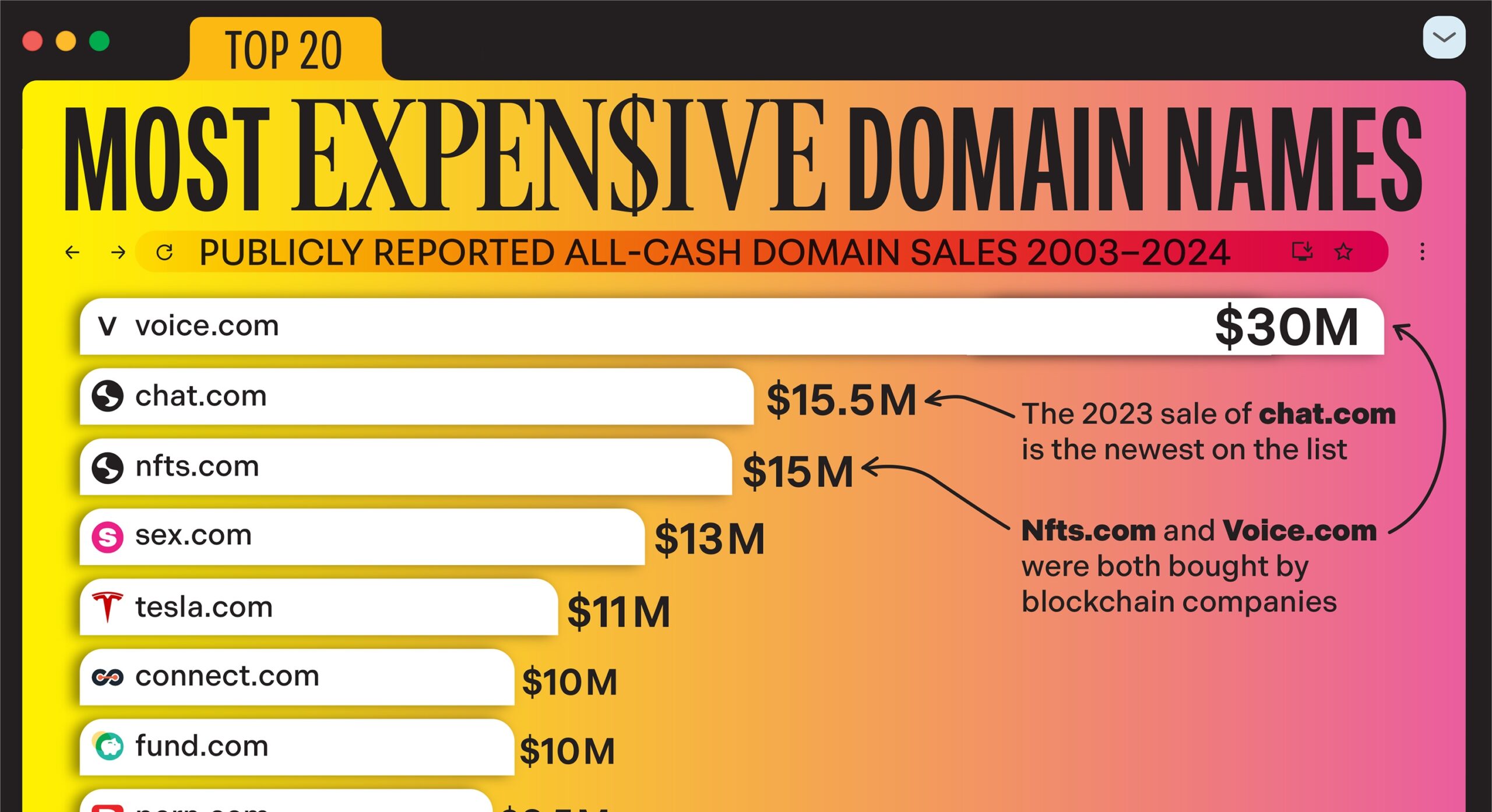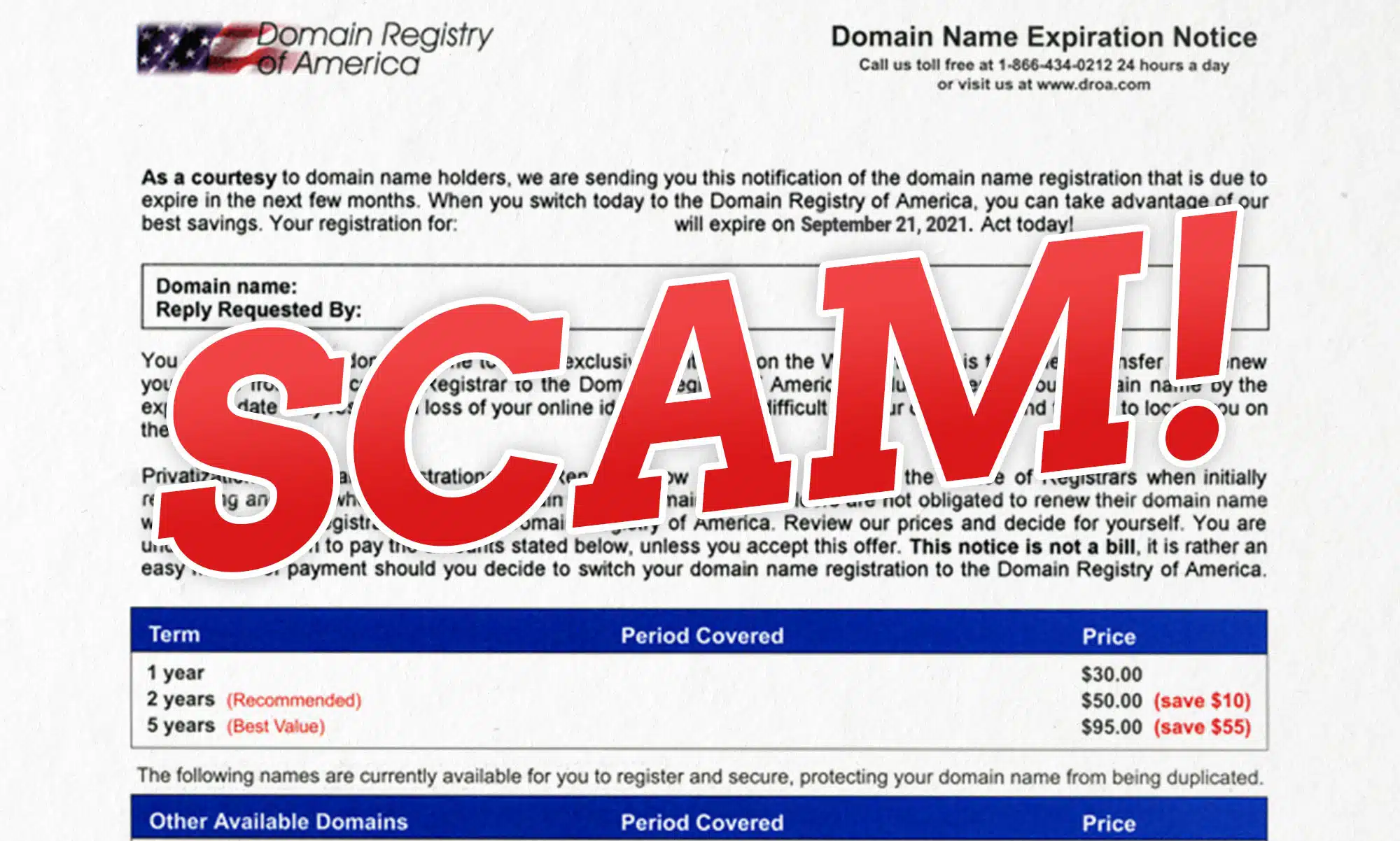Domain investors in China should buy Western Premium domains
Memo to Chinese domain name investors: NameExperts.com Director Joe Uddeme thinks you’re missing a trick if you limit your portfolio to local names. Most Chinese investors tend to shy away from Western-type domain names as they don’t have meaning in mainland China – names that contain vowels and the letter “v” in particular. Are they limiting their long-term growth potential? Some would say sticking with Chinese domains is a safer investment. As seasoned domain name brokers, however, we disagree. Here’s why… Key Takeaways New TLDs are not a good long-term play Aftermarket prices for .com names remain high Work with a broker if you need help with domain portfolio management Background – understanding the Chinese domain name marketplace For those of you that follow the domain investor market, specifically in China, you can see all types of newly minted investors looking for the next great domain name investment. Most Chinese investors are focused on the domain names that have relevance inside of mainland China. The most popular investments in China are the short acronym domain, or simple numeric domain names as they translate to meaning to the Chinese culture. Some examples include the following (N = number; L = letter): 15.com (NN.com) 123.com (NNN.com) TR.com (LL.com) TYPL.com (LLLL.com) 6N.com (LN.com) N6.com (NL.com Chinese domain investment trends As domain investments continue to increase in China, we are seeing many investors branching out into some of the newer GTLD extensions as alternative investments including; .club, .top, .wang. They are acquiring these names for much lower costs than the typical .com investment. Is that a solid investment? We say: no. The Chinese investor is savvy, but they are limiting their investment opportunity. In most instances, domain investors in China are only focused on these types of names because they create liquidity and are very attractive to the Chinese on a quick-flip model (check out our guide to domain name investing). Additionally, the Chinese investor should look at the plethora of available .com domain name inventory on the aftermarket. Tons of fantastic domain inventory is readily available. Short, generic and easy to spell English words that are solid investments. The saturation of the internet continues to precipitously grow year-over-year, with 78% of the Chinese population now online. When you do the math, it’s easy to see the longer-term opportunity. Should you limit yourself as an investor? Not with the .com market stronger than ever – with fantastic acquisition opportunities and names that ultimately have a global appeal and market reach. We believe domain investors in China will start to acquire short, generic .com domains as trillions of dollars are available for private Chinese investors. Way back in 2017, George Kirikos had a fantastic post on Twitter, referencing 12,000 startups being created every day in China. The domain investor continues to evolve and grow. Investors should look at the longer-term investment opportunity and acquire names that are globally acceptable and not limited to mainland China. How a domain broker can help Friends in the right places are always good to have, and most international domain brokers would gladly help Chinese companies and individuals who want to buy domain names. Domain brokers help buyers of any nationality to understand current market trends and navigate the sometimes complex world of domain acquisitions. NameExperts.com is one of the world’s best-known brokerages, offering personalized boutique services that include domain name strategy, portfolio management, negotiation and stealth acquisitions. About the author Joe Uddeme is Director and Principal of Name Experts, one of the world’s leading domain name brokerage services. He has overseen domain name sales and acquisitions totaling more than $150 million and is renowned worldwide as a go-to expert in buying and selling premium domains. He advises clients globally. Contact us at: [email protected]







